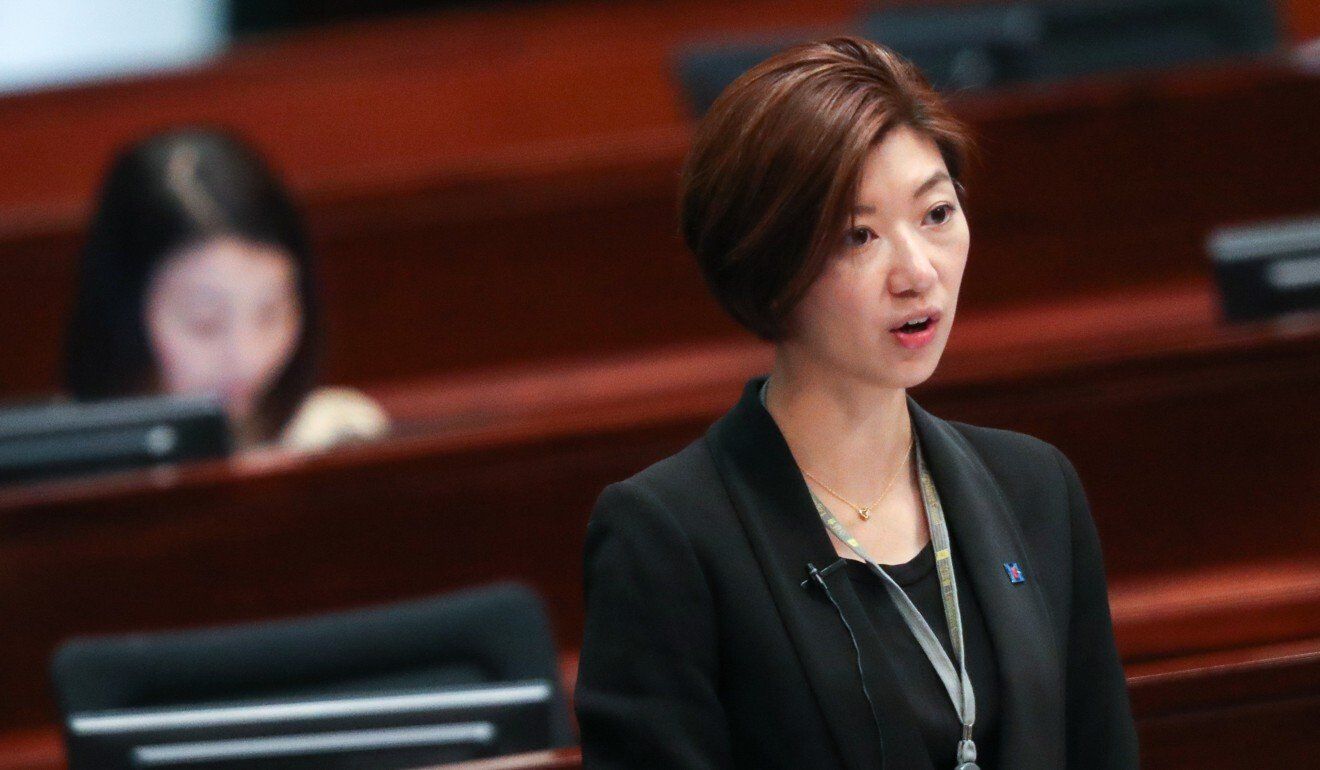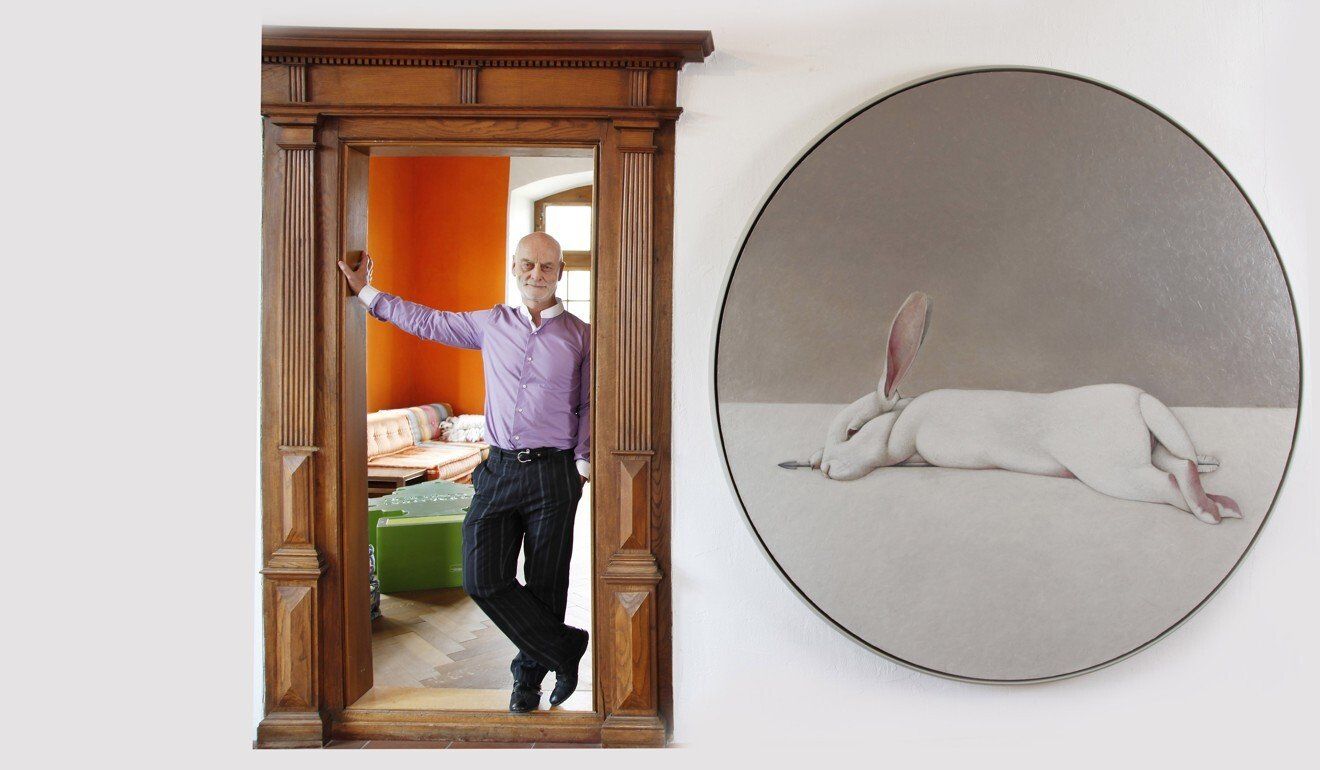Hong Kong News

Vow to protect freedom of expression in Hong Kong as attacks on new museum mount
Freedom of expression will be protected in Hong Kong, the city’s leader has vowed after a pro-establishment lawmaker suggested authorities should check whether exhibits at the city’s soon-to-open flagship art museum “spread hatred against the country” or contravened the national security law.
Chief Executive Carrie Lam Cheng Yuet-ngor also said she was confident the operators of the West Kowloon Cultural District, including the M+ museum, were capable of distinguishing works that constituted artistic expressions from ones that endangered national security.
Lam was speaking during Wednesday’s Legislative Council session, during which she was asked by Eunice Yung Hoi-yan, vice-chairman of the New People’s Party, to comment on reports the museum might display political sensitive art.
“Chief executive, would you ask departments to check whether these exhibits will contravene the national security law and the Basic Law?” Yung asked.
 Eunice Yung, vice-chairman of the New People’s Party.
Eunice Yung, vice-chairman of the New People’s Party.
Lam replied that while officials must safeguard national security, “I think we can draw a line to separate what is the freedom of cultural and artistic creation, and what … [is] endangering national security. We will be particularly vigilant to look at this matter.”
The M+ museum is the centrepiece of the 40-hectare (98-acre) West Kowloon Cultural District, on the Victoria Harbour waterfront, meant to make Hong Kong one of the world’s leading cultural destinations.
Although the museum, which is slated to open at the end of the year, has not made public the content of its first exhibitions, it has revealed that 12 of its 33 galleries will be dedicated to a 1,000-plus piece collection of contemporary Chinese art donated by Swiss businessman Uli Sigg. Some of the pieces were shown in a Hong Kong exhibition in 2016, including works that would almost certainly not be displayed on mainland China.
 Nearly a third of the galleries at the M+ museum will be devoted to the
collection of modern Chinese artwork donated by Swiss businessman Uli
Sigg.
Nearly a third of the galleries at the M+ museum will be devoted to the
collection of modern Chinese artwork donated by Swiss businessman Uli
Sigg.
One piece is a photograph taken by Hong Kong-born photojournalist Liu Heung-shing during the crackdown on pro-democracy protesters in Beijing on June 4, 1989. It shows a tricycle cart driver peddling two men with gunshot wounds to hospital. Another photograph, by Ai Weiwei, called Study in Perspective: Tian’anmen (1997) features a middle finger rising up against the backdrop of the Gate of Heavenly Peace in the capital.
The collection, widely considered of great significance by art historians, was donated to M+ in 2012. Sigg said in the past he wanted the collection to remain in China and that the financial hub was the ideal home due to its freedom of speech and expression.
M+ director Suhanya Raffel said last week the museum would have “no problem” exhibiting works by Ai and works that referenced the June 4 crackdown.
It told the Post: “Like any museum, it is the role of M+ to ensure that our collections and exhibitions are presented in a relevant and appropriate manner to stimulate discussion, research, learning, knowledge and pleasure.
“As a public museum operating in Hong Kong, we will comply with the laws of Hong Kong whilst maintaining the highest level of professional integrity.”
Yung said during the Legco meeting it was puzzling that while most museums around the world “promote positive energy and express the appreciation of beauty”, M+ had collected “so-called artworks” that “spread hatred for the country”. She did not specify which works she found offensive.
Lam reminded lawmakers the West Kowloon Cultural District was “a very important cultural project in Hong Kong”. The development was in line with Beijing’s proposal in its latest five-year plan that Hong Kong serve as a hub for cultural and artistic exchanges between the nation and foreign countries.
Yung’s attack on M+ is the pro-Beijing camp’s latest shot across the bow of the cultural sector this week. A pro-establishment group told the state-owned Wen Wei Po newspaper on Tuesday it had made a police complaint about “lawbreaking” artworks in the museum’s collection and demanded Raffel’s resignation.
On Wednesday, the state-owned Ta Kung Pao newspaper attacked the Arts Development Council for awarding about HK$15 million (US$1.93 million) in grants to individuals who produced films that were “anti-government” and glorified “rioters and pro-independence”.
It singled out Ying E Chi, the distributor of Behind the Red Brick Wall, an award-winning film about the 2019 clashes between police and anti-government protesters at Polytechnic University. Golden Scene cinema pulled a screening of the film on Tuesday following criticism from other pro-Beijing newspapers.
Secretary for Home Affairs Caspar Tsui Ying-wai told the Post the Arts Development Council and West Kowloon Cultural District, as statutory organisations, “are fully aware of the need to comply with the national security law”.
Lam was chairman of the West Kowloon Cultural District Authority when she was chief secretary for the administration before running for the chief executive post in 2017.











